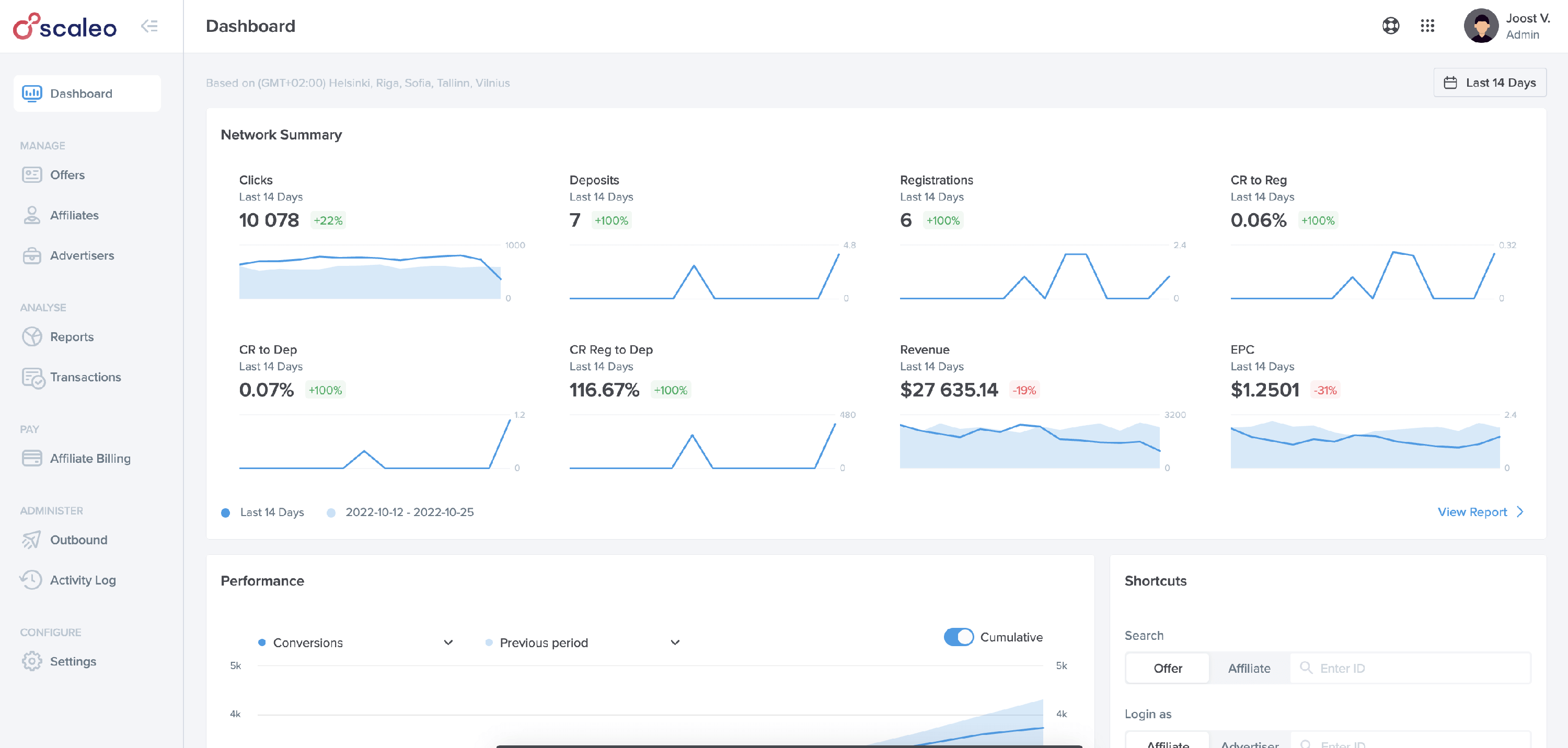Insightful Updates
Stay informed with the latest news and trends.
Jackpot with Numbers: How Data-Driven Decisions Are Shaping Casino Growth
Discover how data-driven decisions are revolutionizing casino growth and maximizing profits—uncover the secrets to hitting the jackpot!
Exploring Casino Analytics: How Data Shapes Player Experience
In the modern world of online gambling, casino analytics has become an essential tool for enhancing the player experience. By leveraging vast amounts of data generated from player interactions, casinos can gain valuable insights into player behavior, preferences, and trends. This information allows operators to tailor their offerings—ranging from game selection to personalized promotions—ensuring that players have a more engaging and enjoyable experience. The use of sophisticated algorithms and machine learning techniques enables casinos to make data-driven decisions that not only improve player satisfaction but also increase overall revenue.
Understanding how to effectively utilize casino analytics is crucial for both new and returning players. By analyzing gameplay patterns, casinos can identify potential issues, such as a game’s popularity or a player’s changing behavior. For instance, if a player consistently opts for slot games over table games, casinos can offer targeted promotions or bonuses that cater specifically to that preference. Additionally, data can help identify when players are likely to become less engaged, enabling casinos to implement timely strategies to retain their interest, ultimately creating a more satisfying gaming experience.

Counter-Strike is a popular team-based first-person shooter game that has captivated players around the world since its inception. Whether you are a seasoned player or new to the game, you can enhance your gaming experience with the latest promotions, such as the betpanda promo code. The game's strategic gameplay and competitive nature make it a favorite in the esports community.
The Role of Big Data in Driving Casino Marketing Strategies
The role of Big Data in driving casino marketing strategies cannot be overstated. As the gaming industry evolves, casinos are increasingly turning to data analytics to gain insights into customer behavior and preferences. By leveraging vast amounts of data collected from various touchpoints, including loyalty programs, online interactions, and gaming activities, casinos can create targeted marketing campaigns that resonate with their audience. For instance, through predictive analytics, casinos can identify potential high-value customers and tailor offers specifically to their interests, thus enhancing customer retention and increasing revenue.
Moreover, Big Data facilitates the segmentation of the customer base, allowing casinos to develop personalized experiences that improve player engagement. Utilizing advanced data analytics tools, casinos can segment their audience into distinct groups based on demographics, spending habits, and gaming preferences. This segmentation allows for more effective marketing strategies, as casinos can deliver personalized promotions and communications that not only attract new players but also deepen the loyalty of existing ones. Ultimately, the integration of Big Data into marketing strategies empowers casinos to stay competitive in an ever-changing market landscape.
What Are the Key Metrics for Measuring Casino Success?
To determine the success of a casino, several key metrics are essential to track. Firstly, gross gaming revenue (GGR) stands out as the primary measure, reflecting the total amount wagered by players minus the payouts made to them. This figure is vital for assessing overall profitability and operational efficiency. Additionally, customer acquisition cost is crucial; it represents the marketing expenses incurred to attract new players. A lower acquisition cost indicates effective marketing strategies and helps maximize profits. Moreover, average daily rate (ADR) for hotel operations within casinos can also provide insight into the overall success of the property, revealing how well the casino attracts and retains customers beyond just gaming.
Another important metric is the player retention rate, which indicates how well a casino maintains its customer base over time. High retention rates often correlate with strong loyalty programs and excellent customer service, contributing to a more sustainable business model. Furthermore, monitoring slot machine performance—including metrics such as utilization rates and revenue per unit—can provide insights into what types of games are popular and profitable. In summary, by carefully analyzing these key metrics, casino operators can make informed decisions that drive success and enhance player experiences.